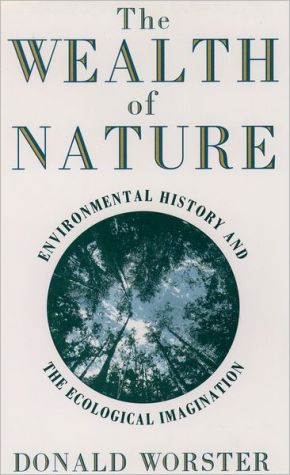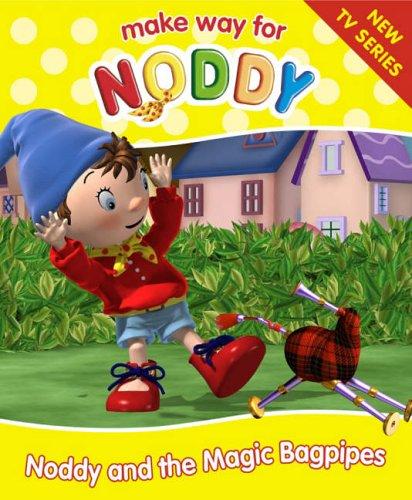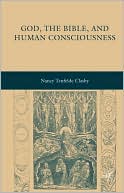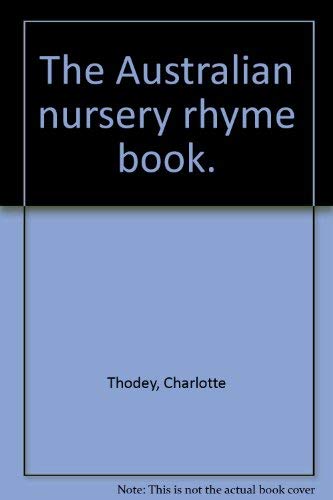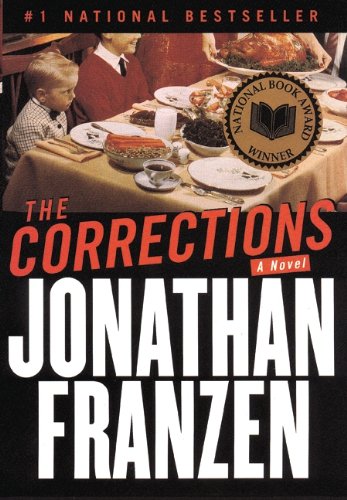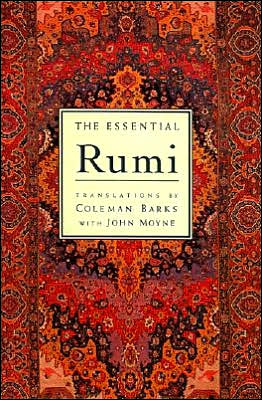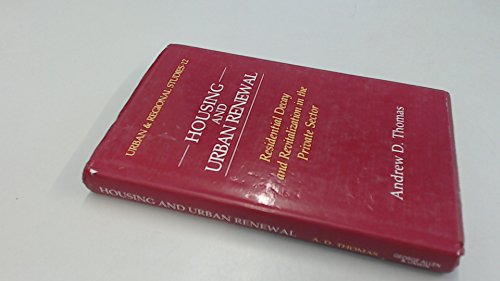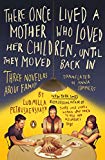The Wealth of Nature: Environmental History and the Ecological Imagination
Worster, Donald
hailed As One Of The Most Eminent Environmental Historians Of The West By Alan Brinkley In the New York Times Book Review, Donald Worster Has Been A Leader In Reshaping The Study Of American History. Winner Of The Prestigious Bancroft Prize For His Book dust Bowl, Worster Has Helped Bring Humanity's Interaction With Nature To The Forefront Of Historical Thinking. Now, In the Wealth Of Nature, He Offers A Series Of Thoughtful, Eloquent Essays Which Lay Out His Views On Environmental History, Tying The Study Of The Past To Today's Agenda For Change.
the Wealth Of Nature Captures The Fruit Of What Worster Calls My Own Intellectual Turning To The Land. History, He Writes, Represents A Dialogue Between Humanity And Nature—though It Is Usually Reported As If It Were Simple Dictation. Worster Takes As His Point Of Departure The Approach Expressed Early On By Aldo Leopold, Who Stresses The Importance Of Nature In Determining Human History; Leopold Pointed Out That The Spread Of Bluegrass In Kentucky, For Instance, Created New Pastures And Fed The Rush Of American Settlers Across The Appalachians, Which Affected The Contest Between Britain, France, And The U.s. For Control Of The Area. Worster's Own Work Offers An Even More Subtly Textured Understanding, Noting In This Example, For Instance, That Bluegrass Itself Was An Import From The Old World Which Supplanted Native Vegetation—a Form Of Environmental Imperialism. He Ranges Across Such Areas As Agriculture, Water Development, And Other Questions, Examining Them As environmental Issues, Showing How They Have Affected—and Continue To Affect—human Settlement. Environmental History, He Argues, Is Not Simply The History Of Rural And Wilderness Areas; Cities Clearly Have A Tremendous Impact On The Land, On Which They Depend For Their Existence. He Argues For A Comprehensive Approach To Understanding Our Past As Well As Our Present In Environmental Terms.
Nostalgia Runs All Through This Society, Worster Writes, Fortunately, For It May Be Our Only Hope Of Salvation. These Reflective And Engaging Essays Capture The Fascination Of Environmental History—and The Beauty Of Nature Lost Or Endangered—underscoring The Importance Of Intelligent Action In The Present.
publishers Weekly
bancroft Prize-winning Historian Worster ( Dust Bowl ) Writes With A Deep Understanding Of Nature And Its Place In Human Affairs. In These Lucid, Authoritative Essays, He Ranges Through American History To Explore The People, Ideas And Economic Developments That Have Shaped Our Attitudes And Behaviors Toward The Land. The Ecological Crisis, He Stresses, Is `` The Crisis Of Modern Culture,'' Brought On By Modernity's Materialism. Several Pieces Address The Roles Of Population Growth, Technology And The Market Economy In The Degradation Of The Environment. Others Exhibit A Narrower Focus, E.g., How Protestantism Helped Shape John Muir And Other Environmental Reformers. Worster's Examinations Of The Myths And Realities Behind Our Interaction With Nature Provide A Needed Perspective. (may)
| Name in long format: | The Wealth of Nature: Environmental History and the Ecological Imagination |
|---|---|
| ISBN-10: | 0195092643 |
| ISBN-13: | 9780195092646 |
| Book pages: | 272 |
| Book language: | en |
| Edition: | 1 |
| Binding: | Paperback |
| Publisher: | Oxford University Press |
| Dimensions: | Height: 0.6 Inches, Length: 9.2 Inches, Weight: 0.86862131228 Pounds, Width: 6.26 Inches |

